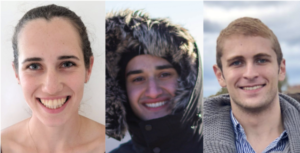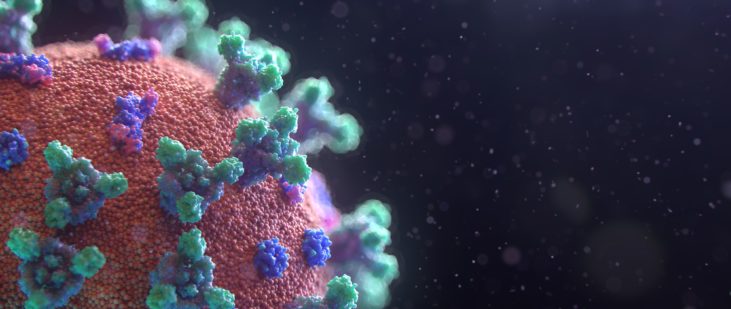CLBB Student Research Assistants Fenella McLuskie, Sina Sadeghzadeh, and Oliver Q. Sussman on The Forgotten: Juveniles In Detention During COVID-19 in The Harvard Crimson. Fenella McLuskie is a first-year student at Harvard Law School. Sina Sadeghzadeh ’21 is a Neuroscience concentrator in Dunster House. Oliver Q. Sussman ’21 is a Neuroscience concentrator in Pforzheimer House.
 With more than two million people affected worldwide, the novel coronavirus is exposing social inequities. In a study of COVID-19 and youth, about 90 percent of infected children developed mild to moderate symptoms while only 0.6 percent suffered more severe complications. Yet true to the theme of exacerbated inequality, some populations of youth are at a higher risk than this overall average would suggest.
With more than two million people affected worldwide, the novel coronavirus is exposing social inequities. In a study of COVID-19 and youth, about 90 percent of infected children developed mild to moderate symptoms while only 0.6 percent suffered more severe complications. Yet true to the theme of exacerbated inequality, some populations of youth are at a higher risk than this overall average would suggest.
Compared to other children, children in the juvenile justice system are disproportionately more likely to have compromised immunity, asthma, and other underlying health conditions which put them at higher risk for developing acute coronavirus complications. While there has been much attention paid to different vulnerable populations in our society, juvenile detainees, as usual, are often left out of the conversation. Keep reading …



